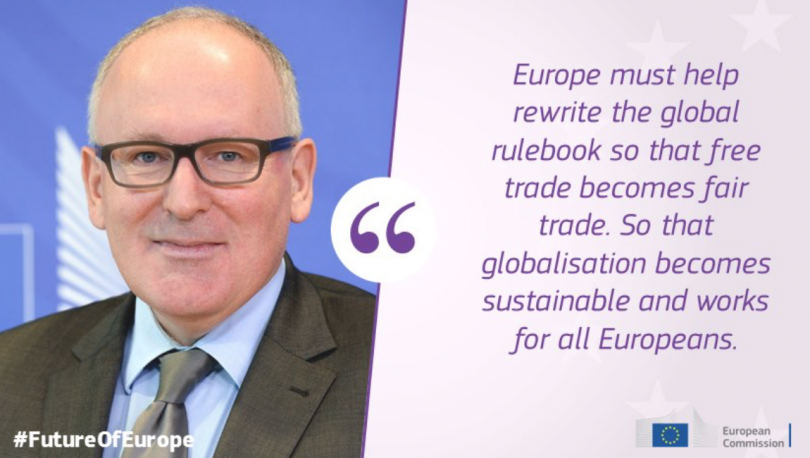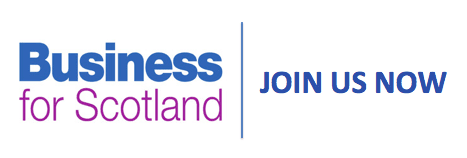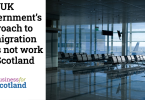Responding to challenging times, the EU is updating and reaffirming its original goals and is showing signs of becoming the intergovernmental organisation that everyone wants it to be. Whereas some say Westminster is resistant to progress, the EU is seeking to rebrand itself as a force for good rather than a champion for the excesses of capitalism.
Based on a fair assessment of the benefits and downsides of globalisation, yesterday’s (10 May 2017) paper published by the European Commission Reflection Paper on Harnessing Globalisation. The EU is aiming to launch a debate on how the EU and its Member States can shape globalisation in a way that improves the lives of Europeans.
Frans Timmermans, First Vice-President of the Commission, said: “Globalisation is good for the European economy overall, but this means little to our citizens if the benefits are not shared fairly and more evenly. Europe must help rewrite the global rulebook so that free trade becomes fair trade. So that globalisation becomes sustainable and works for all Europeans. At the same time, we must focus our policies on getting people the education and skills they need to keep up with the evolution of our economies. Better redistribution will help guarantee the social cohesion and solidarity this Union is based on.”
The paper suggests that the EU should together seize the opportunity to shape globalisation in line with the organisation’s own values and interests, highlighting that the EU has always stood for a strong and effective ‘multilateral’ global rulebook and should continue to develop it in a way that addresses new challenges and ensures effective enforcement.
For example, the EU could push for new rules to create a level-playing field by addressing harmful and unfair behaviour like tax evasion, government subsidies or social dumping. Effective trade defence instruments and a multilateral investment courts could also help the EU act decisively against countries or companies that engage in unfair practices.
Tools to protect and empower citizens are suggested, through robust social policies and providing the necessary education and training support throughout their lives. Progressive tax policies, investing in innovation and strong welfare policies could all help redistribute wealth more fairly. Meanwhile, use of EU structural funds to assist vulnerable regions and the EU Globalisation Adjustment Fund to help displaced workers find another job can help mitigate negative impacts.
Background
The reflection paper on the harnessing globalisation follows up on the White Paper on the Future of Europe presented on 1 March, which set out the main challenges and opportunities for Europe in the coming decade. The White Paper marked the beginning of a process for the EU27 to decide on the future of their Union. To encourage this debate, the European Commission, together with the European Parliament and interested Member States, will host a series of ‘Future of Europe Debates’ across Europe’s cities and regions.
Now with Brexit and the UK’s loss of influence on the European movement it may be that the EU can evolve in a more inclusive and enlightened way. Ending cross border taxation dodging would be a good start and with the UK having been the key roadblock to ending tax havens and transfer pricing maybe opportunities to act will open up following Brexit.








